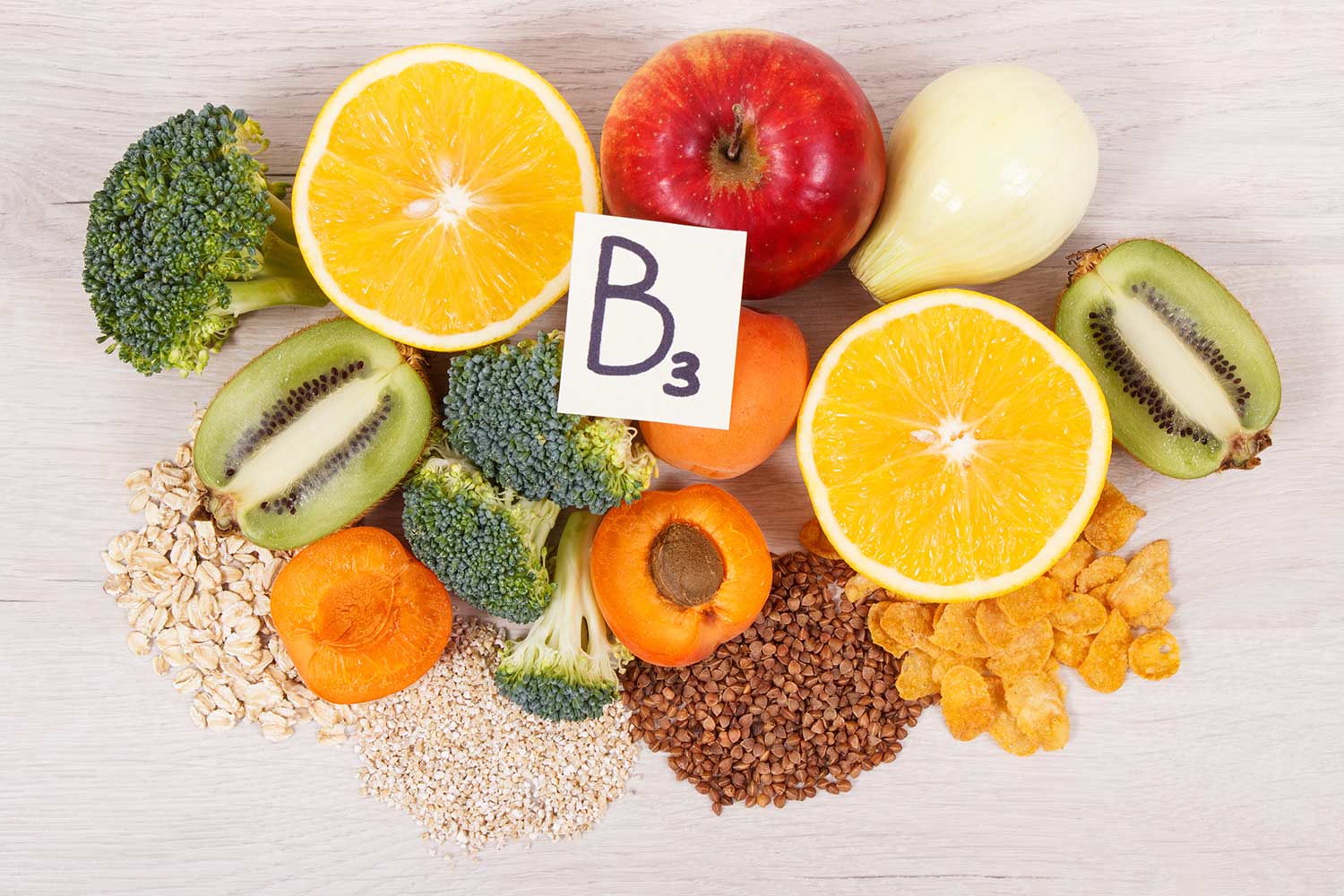
Niacin, also known as vitamin B3, plays a pivotal role in our body's metabolism and overall health. This essential nutrient, found in various foods and available as a supplement, has a fascinating array of benefits and facts that many might not be aware of. From its crucial involvement in converting food into energy to its potential in managing cholesterol levels, niacin's impact on health is significant. In this blog post, we'll uncover 17 intriguing facts about niacin that will shed light on its importance, sources, and the effects it has on the human body. Whether you're a health enthusiast or just curious, these insights will provide valuable information about how niacin contributes to our well-being and why ensuring adequate intake is beneficial for everyone.
What is Niacin?
Niacin, also known as vitamin B3, plays a crucial role in the body's energy production and metabolism. It's found in various foods, including meat, fish, eggs, and green vegetables. This essential nutrient helps convert food into energy by aiding enzymes in the breakdown of carbohydrates, fats, and proteins.
- Niacin is one of the eight B vitamins and is water-soluble, meaning the body does not store it. This necessitates daily consumption through diet or supplements to meet the body's needs.
Health Benefits of Niacin
Niacin boasts several health benefits, from lowering cholesterol levels to supporting brain function. Its role in maintaining good health is undeniable.
- Regular intake of niacin can help reduce bad cholesterol (LDL) levels while increasing good cholesterol (HDL) levels, which may prevent heart disease.
- It also plays a key role in DNA repair and the production of stress and sex-related hormones in the adrenal glands.
- Some studies suggest that niacin could improve brain function and might even protect against Alzheimer's disease, though more research is needed in this area.
Sources of Niacin
Getting enough niacin through diet is achievable, as it's present in many common foods. Knowing which foods are rich in niacin can help ensure adequate intake.
- Turkey, chicken breast, and tuna are excellent sources of niacin, making them great options for non-vegetarians.
- For vegetarians, peanuts, lentils, and avocados are among the top niacin-rich foods.
- Fortified foods, like some cereals and bread, also contribute to daily niacin intake.
Recommended Daily Allowance of Niacin
The amount of niacin you need depends on various factors, including age, sex, and health status.
- Adults generally require 14 to 16 milligrams of niacin daily, with pregnant and breastfeeding women needing slightly more.
- Children's requirements vary by age, ranging from 2 milligrams for infants to 16 milligrams for teenagers.
Niacin Deficiency and Its Symptoms
While niacin deficiency is rare in developed countries, it can occur and lead to a condition known as pellagra.
- Symptoms of niacin deficiency include digestive issues, skin problems, and mental confusion.
- Pellagra, the disease caused by severe niacin deficiency, is characterized by diarrhea, dermatitis, and dementia.
Niacin Supplementation
For those unable to meet their niacin needs through diet alone, supplements are an option. However, they should be used cautiously.
- High doses of niacin supplements can cause side effects, such as flushing, itching, and gastrointestinal problems.
- It's essential to consult a healthcare provider before starting niacin supplements, especially for individuals with existing health conditions or those taking medication.
Interesting Facts about Niacin
Beyond its health benefits, niacin has some intriguing aspects worth noting.
- Niacin was discovered during the research into the cause of pellagra in the early 20th century.
- It's also used in high doses by some under medical supervision to treat specific conditions, such as high cholesterol levels.
- Interestingly, niacin can cause a "flushing" reaction, which includes redness and warmth in the skin, especially at high doses.
- Despite its potential side effects, niacin remains a vital nutrient with a significant impact on overall health and well-being.
Niacin Nuggets: A Final Scoop
Alright, we've journeyed through the ins and outs of niacin, uncovering its vital role in our bodies and some surprising benefits. From boosting brain function to improving skin health, niacin packs a punch in the nutrient department. Remember, though, balance is key. Too little and you're missing out on its perks; too much, and you're in for some not-so-fun side effects. Always aim for that sweet spot, ideally through a balanced diet or with guidance from a healthcare pro if you're considering supplements. Keep these nuggets of knowledge in your back pocket; they're handy for making informed choices about your health and wellness. Here's to keeping our bodies well-fueled and functioning at their best with a little help from our friend, niacin.
Was this page helpful?
Our commitment to delivering trustworthy and engaging content is at the heart of what we do. Each fact on our site is contributed by real users like you, bringing a wealth of diverse insights and information. To ensure the highest standards of accuracy and reliability, our dedicated editors meticulously review each submission. This process guarantees that the facts we share are not only fascinating but also credible. Trust in our commitment to quality and authenticity as you explore and learn with us.


